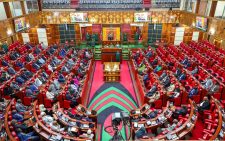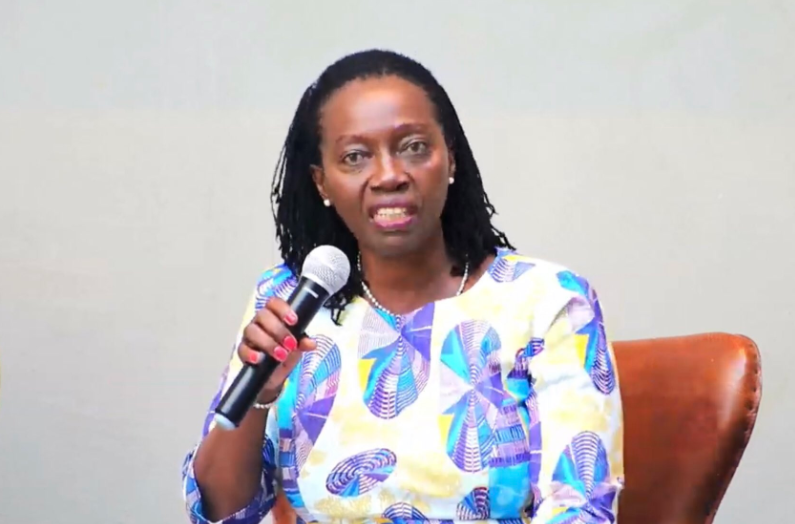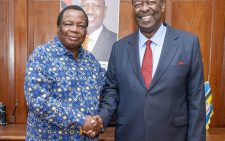List of 5 countries without written constitutions
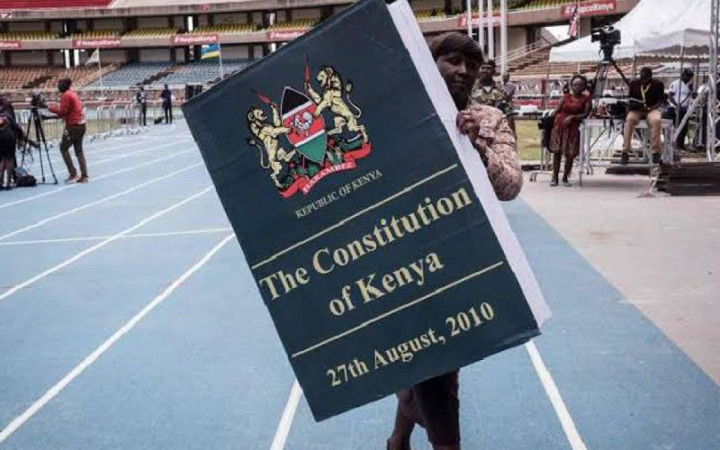
One of the presidential candidates for the August 9 polls, Prof George Wajackoya, has promised to suspend the constitution for the first six months if he wins the top seat.
Speaking to local media and also during his manifesto launch, Wajackoya said that he would allow people to decide what they want and how they want to be governed.
“Parts of the constitution that do not work will be suspended. We will ask the people what they want,” Wajackoyah said during his manifesto launch.
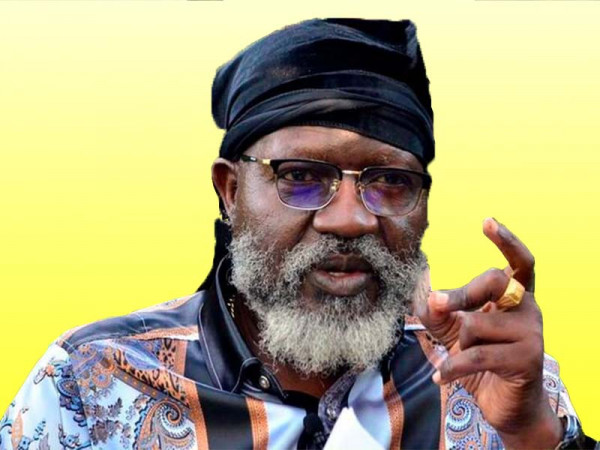
The suggestion by Prof Wajackoyah, as there are several countries in the world without a written constitution, commonly referred to as “uncodified constitutions”.
According to World Atlas, an “uncodified constitution” is a constitution made up of rules that are found from various documents in the absence of a single document or written constitution. The documents used as references may include commentaries by the judiciary and legal experts.
List of countries without written constitutions
United Kingdom (UK)
UK, as is commonly referred to, has no written constitution, but draws its governing principles from four sources including status law, common law, political convention, and works of authority. The laws passed by the parliament are the final source of law in the UK.
Canada
Canada, ranked as the 15th happiest country in the world, draws its authority from written acts and unwritten conventions. The acts include Canada Act 1982, Constitution Act 1867, their amendments, and the acts and orders contained in Section 52(2) of the Constitution Act, 1982.
Israel
Israel has operated without a written constitution since the Harari Decision of June 30, 1950.
The country has engaged in several attempts to have a formally written constitution since its proclamation of independence in 1948, but all have been futile. Currently, Israel has evolved a system of basic laws and rights, which enjoy semi-constitutional status.
Saudi Arabia
Saudi Arabia has the Holy Qur’an and the Sunna (Traditions) of the Islamic prophet Muhammad as its basic law.
Royal decrees issued by the rulers address modern issues such as intellectual property and corporate laws. To make sound judgments based on the basic law (Sharia Law), judges refer to the six medieval texts from Hanbali School before making a ruling. The Hanbali school derives Sharia primarily from the Qur’an, the Hadiths (sayings and customs of Muhammad), and the views of Sahabah (Muhammad’s companions).
New Zealand
New Zealand does not have a single document of authority, instead relies on several documents of authority, including the Constitution Act of 1986, Acts of Parliament, and court decisions.

